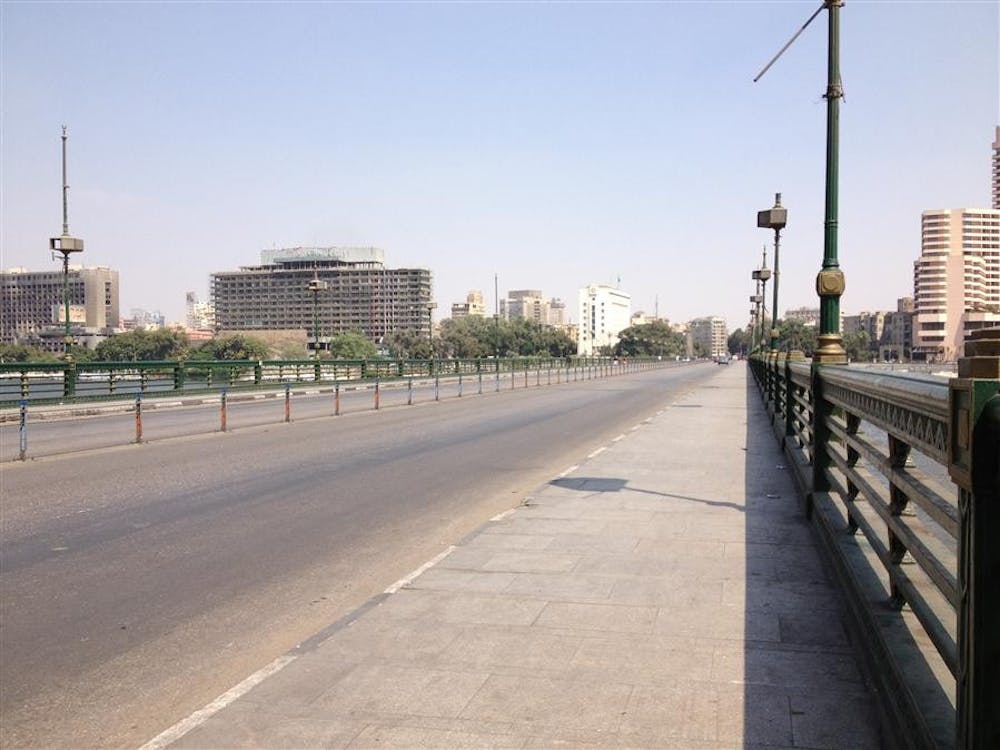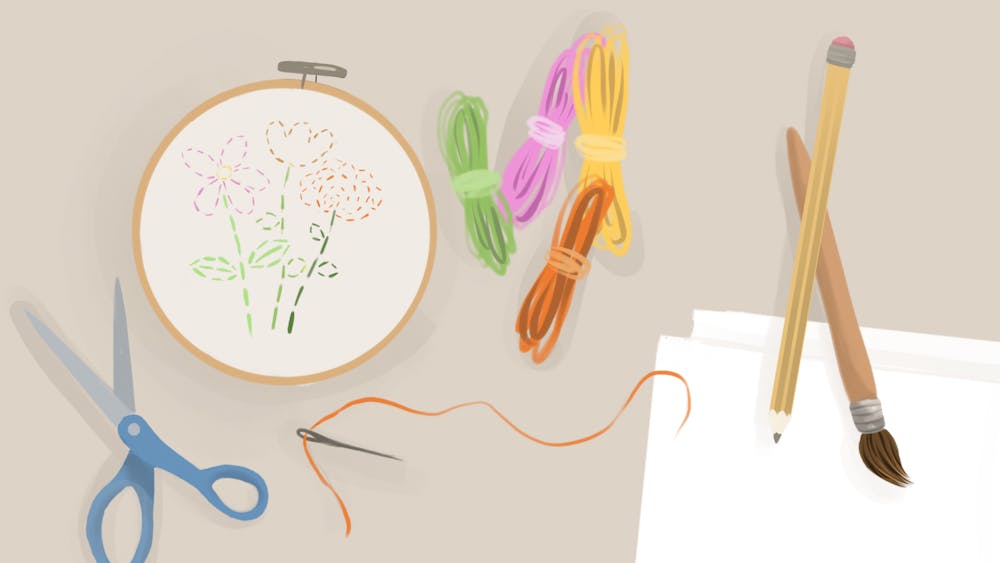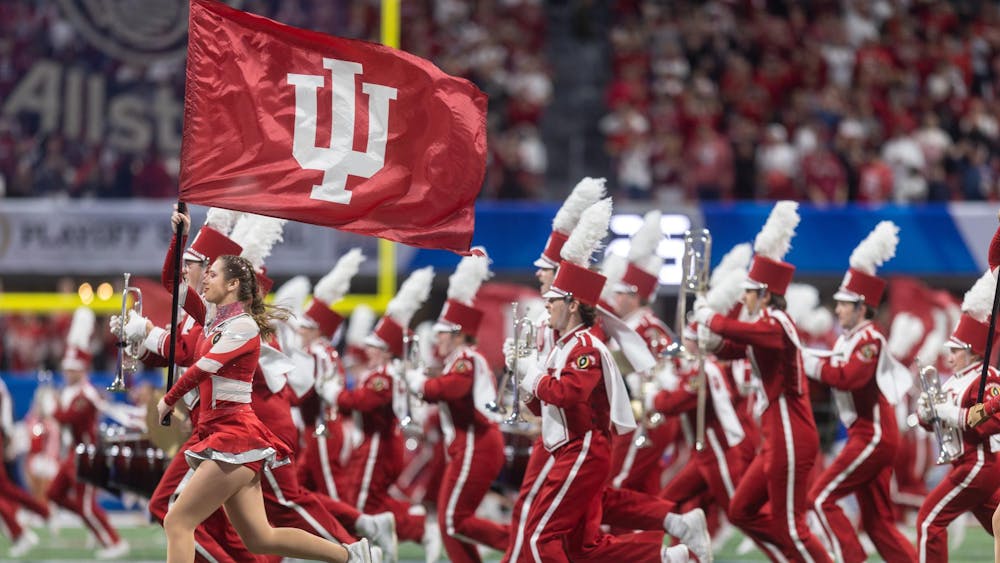CAIRO — There is a bridge on our island, Zamalek, which leads directly into Tahrir Square.
We decided to walk across the bridge Friday morning.
As soon as we stepped out of our dorm and began walking, we could tell that something had changed.
Groups of men gathered on sidewalks for the noontime prayer. An anonymous voice blasted through loudspeakers across the island, different from the usual call to prayer.
It was in Arabic, and he kept talking about “the day of Egypt.”
All the men at the prayer gatherings were listening to him on radios.
While we walked, we noticed the roadblocks.
Barricades had appeared overnight, blocking traffic to the secondary roads on our island and guarded by even more police than we usually see.
As we approached the base of the bridge, we began to see the riot police. About a dozen armored trucks were scattered along the roads, each with half a dozen soldiers in black uniforms bearing automatic weapons.
The eeriest sight was the bridge itself.
We take this bridge frequently by cab and bus. It’s the type of bridge that usually has five lanes of traffic trying to go six different ways on the two-lane road.
On Friday, there were at most five cars driving across.
Later, we would learn protesters in the square had barricaded the bridge to use it as an escape from police.
We made it to the edge of the square but no farther before we turned around. We could see a great mass of people being dropped off by cabs at the end of the bridge.
One boy walked past us, holding his dad’s hand while a black Islamic flag fluttered in his other. He was only 5 or 6 years old.
On Friday, something about this situation changed.
So much confusion surrounds these events. Is it about a crazy filmmaker? Is it about revolutionaries who want to settle scores with the police? Arab nationalists who hate America? Muslims versus Christians and Jews?
It’s complicated, but I think it comes down to one main thing.
It’s about a country whose people are stuck in a stagnant state when they thought they’d already won the battle for change.
In the Arab Spring, Egyptians fought and died for freedom, democracy and equal rights.
What they’ve been left with is a democracy many believe to be fraudulent, a police force that’s just as brutal as it was before, further reliance on outside nations and more dangerous streets for everyone.
There’s a water shortage. There’s a fuel crisis growing daily. There are mountains of trash in the streets.
Who wouldn’t be frustrated?
Why did so many die if nothing were to come of it but the same old story?
Some blame the U.S. or Israel. Some blame radical filmmakers. Some blame vocal minorities. Some blame the police.
In the end, it’s evolved into the same sort of frustration.
An uneasy calm has fallen here, and protesters have dispersed five days after the protests started. It’s uncertain whether it will last.
I don’t think the protests will stop until the people receive the change they’ve been demanding for nearly two years.
The hard part is, change is something Egyptians have to achieve for themselves. No one outside can help them get there. America has tried before and, more often than not, we’ve made things worse.
I’m not saying that resorting to violence or murder is the way to get there. That is never acceptable. The overwhelming majority of Egyptians don’t think it is, either, and they despise that it’s gone to that.
I just hope the Middle Eastern governments don’t miss the message their people are trying to send.
Change must come.
— hannsmit@indiana.edu
Recent activity in Cairo
WHO: American University in Cairo students who pay tuition
WHAT: Students protest against the recent 7 percent raise in annual tuition
WHEN: There was a strike on campus Thursday. Students did a sit-in in one of the administrative buildings’ courtyards. On Sunday, students chained the gates to the university parking lot and blocked entry to the lot with their cars. Buses with students and faculty members could not enter. The protest started at about 8 a.m. in Cairo and was disbanded by 11 a.m., yet school was still shut down.
Column: Change must come

Get stories like this in your inbox
Subscribe





